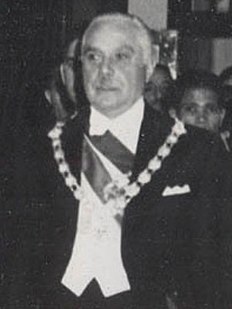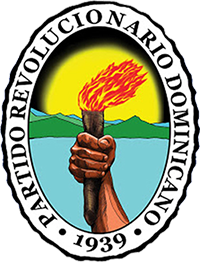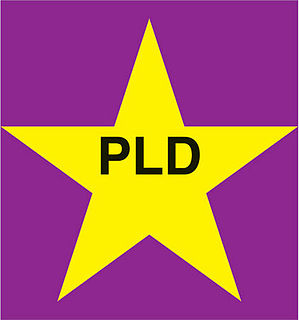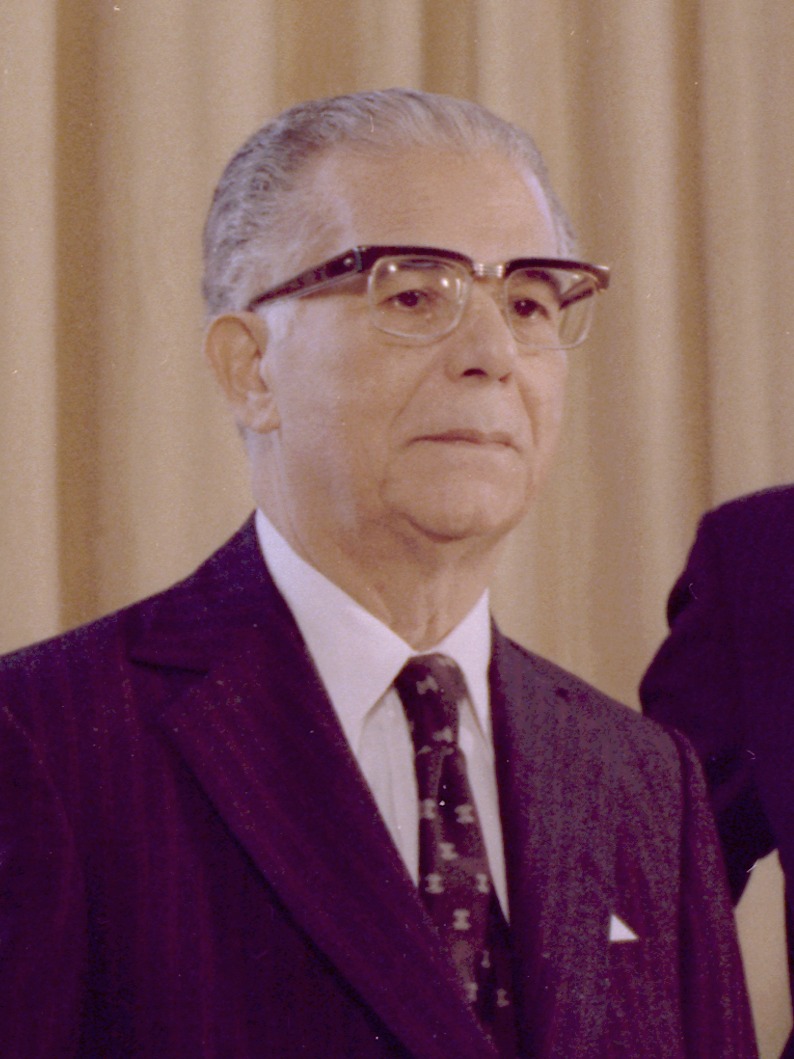| This article is part of a series on the |
| Politics of the Dominican Republic |
|---|
 |
| Foreign relations |
General elections were held in the Dominican Republic on 20 December 1962. [1] They were the first after the end of the Trujillo dictatorship two years earlier, and are generally reckoned as the first truly free elections in the country's history.

The Dominican Republic is a country located in the island of Hispaniola, in the Greater Antilles archipelago of the Caribbean region. It occupies the eastern five-eighths of the island, which it shares with the nation of Haiti, making Hispaniola one of two Caribbean islands, along with Saint Martin, that are shared by two sovereign states. The Dominican Republic is the second-largest Caribbean nation by area at 48,671 square kilometers (18,792 sq mi), and third by population with approximately 10 million people, of which approximately three million live in the metropolitan area of Santo Domingo, the capital city.

Rafael Leónidas Trujillo Molina, nicknamed El Jefe, was a Dominican politician, soldier and dictator, who ruled the Dominican Republic from February 1930 until his assassination in May 1961. He served as president from 1930 to 1938 and again from 1942 to 1952, ruling for the rest of the time as an unelected military strongman under figurehead presidents. His 31 years in power, to Dominicans known as the Trujillo Era, are considered one of the bloodiest eras ever in the Americas, as well as a time of a personality cult, when monuments to Trujillo were in abundance. Trujillo and his regime were responsible for many deaths, including between 20,000 and 30,000 Haitians in the infamous Parsley massacre.
Contents
Juan Bosch of the Dominican Revolutionary Party won the presidential election, whilst his party also won the Congressional elections. There was also an election for a Constituent National Assembly, whose role was to amend certain articles of the constitution. [2] However, reforms implemented by Bosch alienated the American government and the local oligarchy, leading to a coup the following year. [3] Voter turnout was 64.7%. [4]

Juan Emilio Bosch Gaviño was a Dominican politician, historian, short story writer, essayist, educator, and the first democratically elected president of the Dominican Republic for a brief time in 1963. Previously, he had been the leader of the Dominican opposition in exile to the dictatorial regime of Rafael Trujillo for over 25 years. To this day he is remembered as an honest politician and regarded as one of the most prominent writers in Dominican literature. He founded both the Dominican Revolutionary Party (PRD) in 1939 and the Dominican Liberation Party (PLD) in 1973.

The Dominican Revolutionary Party is one of the main political parties of the Dominican Republic. Traditionally a left of the centre position and social democratic in name, the party has shifted since the 2000s toward the centre-right. The party’s distinctive color is white. Traditionally, the party has two presidents: the "Titular President" and the "Acting President" ; until 2010 the Presidents and the Secretary-General were proscribed to run for any elected office.
A constituent assembly or constitutional assembly is a body or assembly of popularly elected representatives composed for the purpose of drafting or adopting a constitutional-type document. The constituent assembly is a subset of a constitutional convention elected entirely by popular vote; that is, all constituent assemblies are constitutional conventions, but a constitutional convention is not necessarily a constituent assembly. As the fundamental document constituting a state, a constitution cannot normally be modified or amended by the state's normal legislative procedures; instead a constitutional convention or a constituent assembly, the rules for which are normally laid down in the constitution, must be set up. A constituent assembly is usually set up for its specific purpose, which it carries out in a relatively short time, after which the assembly is dissolved. A constituent assembly is a form of representative democracy.





